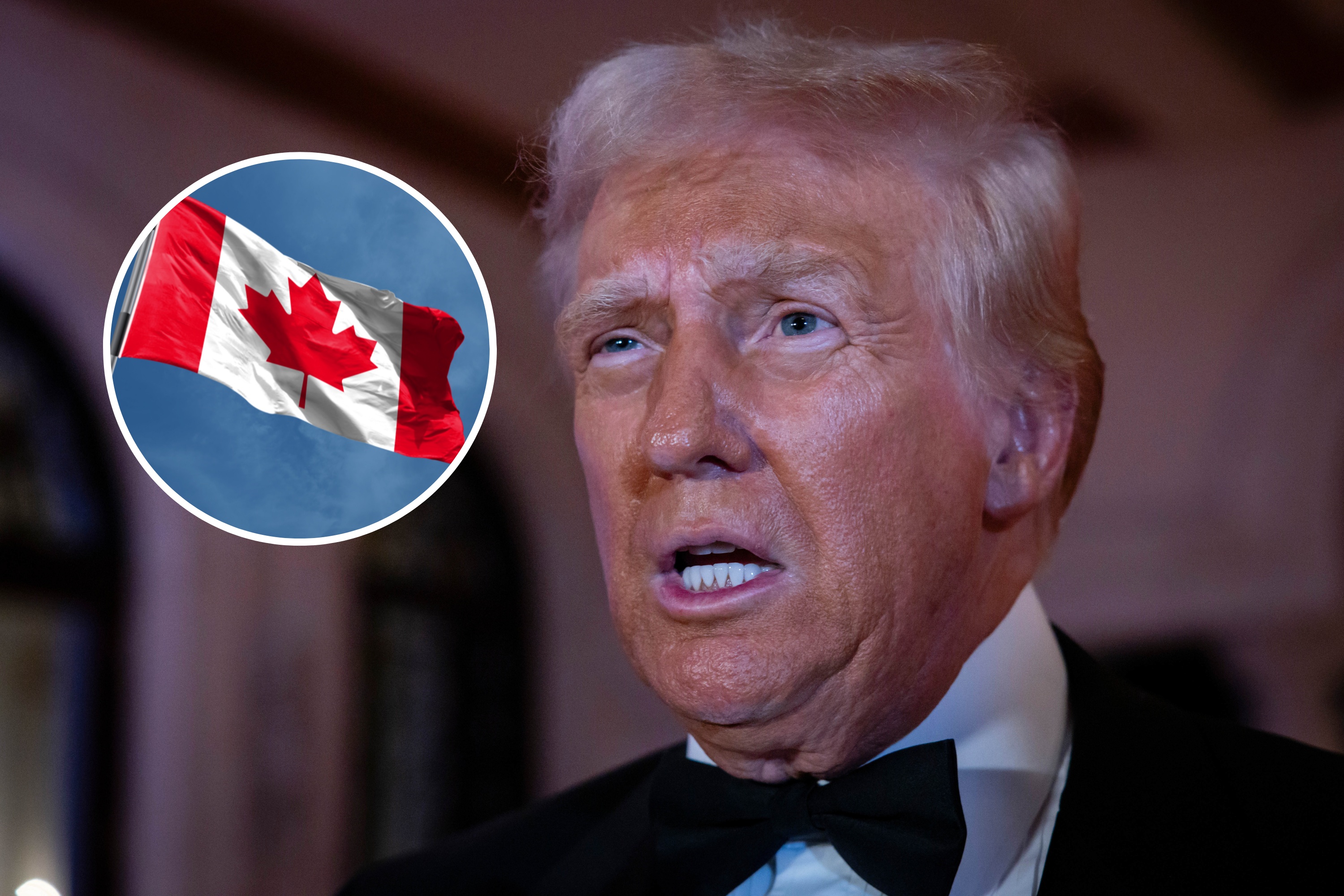Netflix's musical Emilia Pérez, the story of a Mexican cartel leader who transitions to live authentically as a woman, dominated the 82nd Golden Globe Awards, winning four prizes, including Best Musical or Comedy.
While critics praised the film, directed by French filmmaker Jacques Audiard and starring Karla Sofía Gascón, Selena Gomez, and Zoe Saldaña, it has faced sharp backlash in Latin America over issues of cultural authenticity and representation. Many viewers have accused the film of perpetuating the same stereotypes Hollywood has imposed on the region for decades.
Newsweek reached out to the Netflix media team for comment on Monday.
Why It Matters
Netflix's Emilia Pérez was the surprise standout at Sunday's Golden Globes, taking home four of the most coveted awards of the night. The film won Best Motion Picture – Comedy or Musical, boosting the Oscar prospects of Netflix's top contender. It also claimed awards for Best Supporting Actress (Zoe Saldaña), Best Original Song ("El Mal"), and Best Non-English Language Film.

French director Jacques Audiard handed the spotlight to Karla Sofía Gascón, the film's transgender star, who portrays a Mexican drug lord undergoing gender-affirming surgery, allowing her to speak on behalf of the film.
What to Know
As soon as Emilia Pérez premiered on Netflix, it ignited a firestorm of criticism across Latin America. Audiences took to social media to condemn the film's lack of "sensitivity and context," unleashing a wave of backlash even as the movie swept awards at the Golden Globes. The contrast between its critical acclaim abroad and its rejection in the region it aimed to portray couldn't have been starker.
Latin American users flooded X (formerly Twitter) with scathing reactions, many sharing a viral banner denouncing the film's Golden Globe victory. The banner included a pointed warning to the Academy, urging it not to consider Emilia Pérez for Best Picture at the Oscars—a possibility that gained traction after its awards sweep.
"This is a message to the Academy: Mexico hates Emilia Pérez. It is a racist, Eurocentric mockery. Nearly 500,000 are dead, and France decides to make a musical with no Mexicans in the crew or cast," read one post, which has been reshared thousands of times.
Mexicanos DETONAM "Emilia Pérez" e mandam uma mensagem para o Oscar:
"Esta é uma mensagem para a Academia. O México odeia Emilia Pérez. "Zombaria racista eurocentrista". Quase 500 mil mortos, e a França decide fazer um musical. Sem mexicanos na equipe ou no elenco" pic.twitter.com/VfKDh98sKj
Others chimed in with biting commentary.
"Emilia Pérez's greatest achievement is uniting all Latinos—because from Mexico to Patagonia, we all hate this damn movie," one user quipped.
"Every statement from the cast and crew of 'Emilia Pérez' is more offensive than the last and blatantly reveals the disdainful and dismissive way they think about Mexico," wrote user Luis Ruiz on the social media platform X.
Pablo Iborra, another user on X, declared, "Emilia Pérez is a case study in how to combine every cliché, ignorance, and lack of respect toward one of the most serious humanitarian crises of our time. Poorly acted, with a weak script, and a disastrously executed musical."
The criticism didn't stay confined to social media. At the Morelia Film Festival in October 2024, where the film was screened, Mexican audiences voiced their frustration loudly. Many attendees decried the movie's failure to grasp the cultural nuances of Mexico, accusing it of perpetuating harmful stereotypes.
Director Jacques Audiard, who had previously admitted to minimal research on Mexican culture, only deepened the controversy with dismissive remarks about cultural authenticity. "My reference for these questions was Karla Sofía [Gascón]," he said, referring to the film's Spanish transgender lead, implying that her insights alone sufficed.
Mexican creatives were vocal in their disapproval. Renowned cinematographer Rodrigo Prieto described the film as "offensive and completely inauthentic," echoing the sentiments of many in the country's film community. Casting director Carla Hool stirred further outrage with her assertion that Mexican talent was "inadequate" for the key roles, a statement many saw as an erasure of local actors and creatives.
Critics also noted that the primary cast—including Karla Sofía Gascón, Selena Gomez, and Zoe Saldaña—lacked any Mexican representation.
Karla Sofía Gascón, the film's lead, defended Emilia Pérez on social media but became a polarizing figure amid the backlash. Her responses to Mexican audiences were widely perceived as dismissive, intensifying the controversy. Meanwhile, Eugenio Derbez, a prominent Mexican actor, took aim at Selena Gomez's Spanish-speaking performance, calling it "indefensible." Though Derbez later apologized, his remarks further fueled debates about the film's perceived shortcomings.
What People Are Saying
Eugenio Derbez, Mexican actor, during a podcast interview with Mexican film critic Gaby Meza: "I was there [watching the movie] with people, and every time a scene came [with her in it], we looked at each other and said, 'Wow, what is this?'"
Selena Gomez, one of the stars of the cast, about Eugenio Derbez's comments: "I understand where you are coming from. I'm sorry I did the best I could with the time I was given," the Grammy-nominated singer and actor wrote. "Doesn't take away from how much work and heart I put into this movie."
Gaby Meza, Mexican film critic, to BBC Mundo: "Ironically, the country the movie is about will be the last one to see it."
Rodrigo Prieto, Mexican cinematographer, in an interview: "The film felt completely inauthentic, not just in its storytelling but in the ways it ignored Mexican culture and context."
What's Next
With Academy Award nominations approaching on January 23, 2025, Emilia Pérez has become a strong contender following its Golden Globes success. While the film has sparked division, it remains a central focus of awards season buzz and a favorite for the Oscars, even as backlash over its cultural representation and authenticity continues to shape discussions about its accolades.




















 English (US) ·
English (US) ·